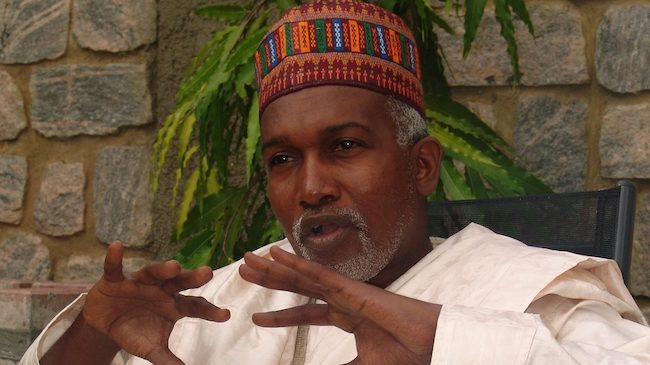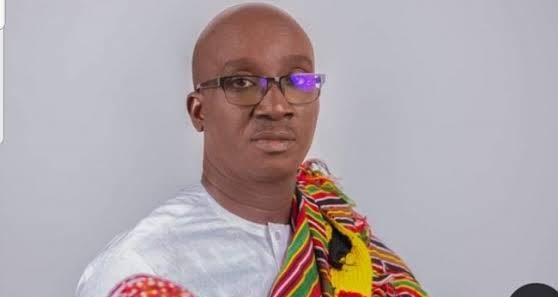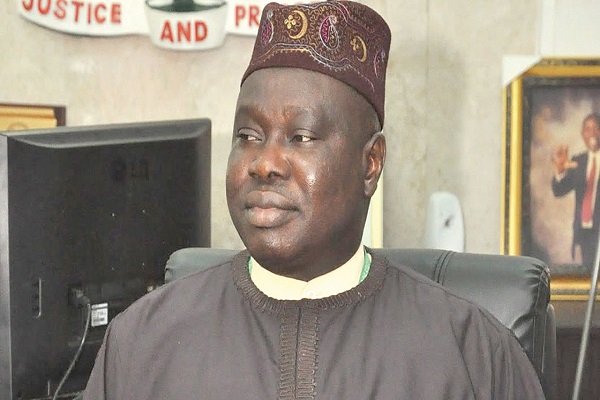At least 450 Nigerian foreign service officers stationed in 109 missions worldwide have not received their salaries for the past five to six months, leaving them in financial distress. These officials, serving under the Ministry of Foreign Affairs, are struggling to pay rent, school fees, and meet other financial obligations.
The acting spokesperson for the Ministry of Foreign Affairs, Kimiebi Ebienfa, acknowledged the dire situation and assured that efforts are underway to resolve the issue. “The ministry is aware of the difficulties faced by the missions abroad, and the leadership is working seriously to address the situation,” he said.
The ministry’s funding struggles persist despite a growing budget. Between 2021 and 2024, over N251.71 billion was allocated for personnel expenses. In the 2025 budget proposal, the Ministry of Foreign Affairs requested N353.77 billion, with N214.64 billion earmarked for personnel costs, yet many missions remain underfunded.
Findings indicate that embassy staff in multiple locations have not been paid since August or September 2024, compounding their hardship. Some service providers have taken legal action against embassies over unpaid dues, while missions are struggling to stay operational.
The crisis is further exacerbated by delays in appointing new ambassadors after President Bola Tinubu recalled 83 envoys in September 2023. Without substantive leadership, many missions are unable to effectively advocate for resources.
Experts and retired diplomats attribute the issue to decades of underfunding, dating back to military rule in 1983. They argue that Nigeria’s foreign service needs a new approach, including budgeting in US dollars and ensuring funds are directly remitted to missions abroad to counter exchange rate fluctuations.
Foreign affairs analyst Charles Onunaiju emphasized that Nigeria’s diplomatic service is suffering from systemic neglect, warning that the country’s international influence is at risk if urgent reforms are not implemented.
“The absence of ambassadors and high commissioners has left missions leaderless, unable to effectively lobby for resources or address critical challenges. Until we reform Nigeria’s diplomatic approach, these problems will persist,” Onunaiju said.




